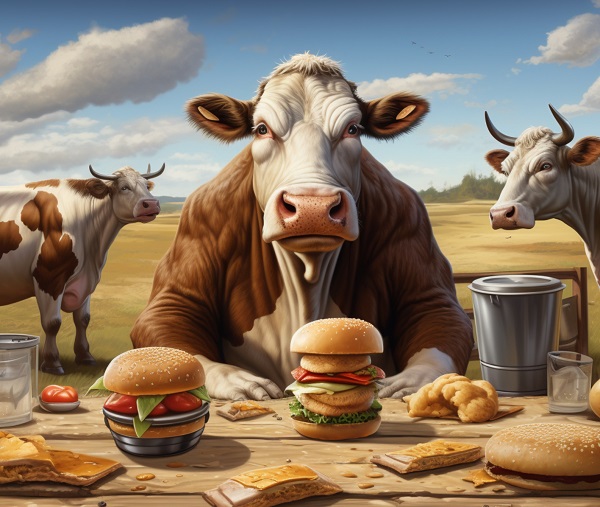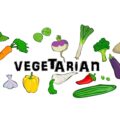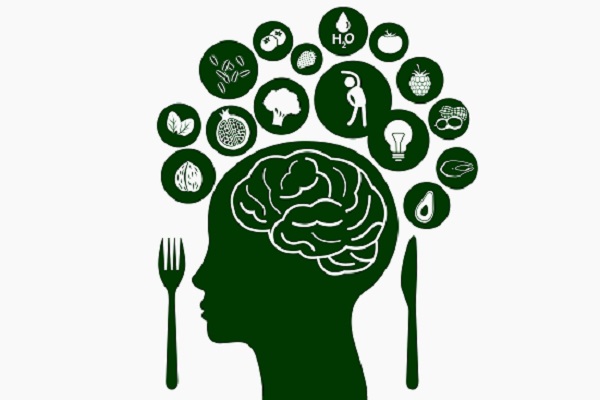
Vegetarianism has gained traction in recent years, particularly with the growing attention to health and nutrition. While the appeal of vegetarian and vegan lifestyles is evident, it’s worth considering some counterarguments before jumping on the bandwagon.
In the 1950s, bacon, omelettes, and steak were standard breakfast items. Terms like “diet” were not in the American lexicon, and “gym rat” had a different meaning. Times have changed, and dietary perspectives have evolved. Yet, amidst the rise in vegetarianism, there are reasons to give meat a second thought.
10. Our Evolutionary Connection to Meat
Our primitive ancestors, dating back 2.5 million years, relied on hunting for sustenance. The sharper teeth found in Homo sapiens compared to some ancestors like Australopithecus afarensis suggest our evolutionary connection to meat consumption. Our teeth are designed for tearing and cutting meat, a feature not even in some omnivores.
9. Benefits of Red Meat
Though often criticised for its saturated fats, especially in fast food contexts, ethically sourced red meat can be nutritious. Grass-fed, organic, hormone-free red meat can be vital for one’s diet, helping to combat ailments like anaemia, jaundice, and dementia.
8. Weight Management Myths
Turning vegetarian is sometimes seen as a weight loss strategy. However, it doesn’t guarantee weight loss and can sometimes lead to weight gain if not managed correctly.
7. The Meat and Cancer Debate
While some argue that meat consumption increases cancer risks, historical data, like the 1950s, shows lower cancer and obesity rates despite high meat consumption. Studies even highlight the benefits of HDL and LDL cholesterol in the body.
6. Environmental Impacts
Although it might sound surprising, eliminating meat consumption could harm the environment entirely. Responsible, ethical farming practices, offering free-range and non-GMO products, present a balanced solution.

5. Risks of Raw Soybeans
Soybeans, a vegetarian favourite, can be toxic when uncooked. Numerous studies have shown potential dangers linked to soy consumption, making its preparation crucial.
4. Nutritional Value of Meat
Meat and dairy products offer essential nutrients like iron and calcium. These components bolster bone and muscle health, reducing the risks of conditions like anaemia. Vegetarian diets might miss out on some of these vital elements.
3. Ethical Dilemmas
A humorous perspective considers plants, like animals, as living beings. Does the fact that they aren’t “cuddly” make them easier to consume? It’s a perspective that raises questions about the ethics of food consumption in general.
2. Digestive Considerations
Increased fibre intake in a vegetarian diet can sometimes lead to excessive gas due to the human body’s inability to fully digest complex carbohydrates. Ironically, this could harm the environment due to the increased production of certain gases.
1. The Taste Factor
Meat, for many, is a culinary delight. Whether it’s a bacon-wrapped filet mignon or a simple grilled chicken, there’s no denying the unique flavour profile meat brings to the table.
Before making any significant changes to your diet, weighing all factors and understanding the implications is crucial. Whether you choose a meat-based, vegetarian, or any other diet, ensure it aligns with your health needs, ethical beliefs, and palate preferences.
Would you be interested in learning more about dietary choices and their impact? Subscribe to our newsletter for regular updates and informed decisions about your health and lifestyle.








